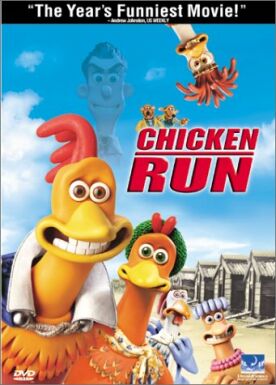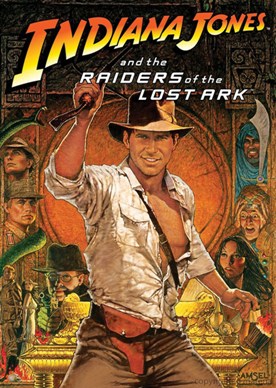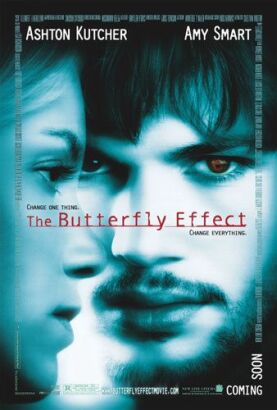Miracle
There’s is no denying that Disney’s Miracle, directed by Gavin O’Connor and written by Eric Guggenheim, presents us with an exciting re-telling of an inspiring and uplifting story: that of the victory of a bunch of college kids on the U.S. Olympic hockey team in 1980 over the awesome Russian squad, a hockey-playing machine that had been together for over a decade, won four Olympic gold medals and were just coming off a 6-1 thrashing of the NHL all-stars. As someone said at the time, it seemed to the euphoric supporters of Team USA as if their local high school football team had just beaten the Pittsburgh Steelers in their “Steel Curtain” days — which those days were.
But there’s also a problem with the film. It begins with the title, which comes from the now-famous question of the sports broadcaster, Al Michaels: “Do you believe in miracles?” Well, yes, but let’s face it: impressive though our guys were, they weren’t exactly walking on water or raising the dead. “Miracle” was sheer journalistic hype, excusable at the moment of triumph but absurd looking back after almost a quarter century. Besides, it belies the heavily-telegraphed message of the film itself, which was that the victory depended on the intelligent coaching of Herb Brooks (Kurt Russell) — who died in a car accident only last year — and the hard work of the kids whom he painstakingly molded into a team in the space of only a few months. Supernatural intervention had nothing to do with it. Brooks’s character is supposed to be hated for being such a stern taskmaster, but he is so bland that it is hard to see how anyone could hate him. And his anti-communism is toned down along with everything else about him.
The film’s journalese title isn’t its only problem of that kind either. Over the opening credits, it offers us a potted visual history of the 1970s which pays elaborate homage to the media consensus. You know the kind of thing: the ‘70s meant anti-war demonstrators, jowly Dick Nixon explaining the “incursion” into Cambodia, womens-libbers burning bras, Jerry Ford and “Whip Inflation Now,” the bicentennial, gas lines and, above all, Jimmy Carter’s “crisis of confidence” speech, over which the title finally appears. We know how important this last is because the speech is repeated on Brooks’s car radio on the eve of the Olympics.
Guess what? In Disney-land Jimmy’s act of political folly — which probably did as much as the Iranian hostage crisis or inflation and unemployment to get him kicked out of the White House — lives on as an act of high statesmanship. An apology for Vietnam and Watergate that nobody asked for is thus transformed from a bare-faced attempt to change the political subject to a straightforward assessment of the depressed national mood which the famous victory of Brooks’s team is supposed to have cured. Except, of course, that it didn’t. It wasn’t until the inauguration of Ronald Reagan and the return of the hostages on the same day a year later that the gloom began to lift. In November the people had figured out that it wasn’t Jimmy’s bogeyman, by that time going under the name of “malaise,” that was the problem. It was Jimmy. The attempt to re-write that history by adapting the story of the Olympic hockey gold medal is a constant annoyance to those of us who remember the period.
All that having been said, if you can ignore its politics, the film is highly watchable and will give you a taste of the thrill it must have been to be among those present in the arena at Lake Placid who saw our team finally come together while facing the best in the world. You might be tempted to complain that the individual athletes are insufficiently differentiated, but the picture has you there. The point is precisely that, as Brooks says, “the name on the front” of the Team USA jersey, namely USA, “is a hell of a lot more important than the name on the back.” And how many movies do you see these days that will tell you that?
Discover more from James Bowman
Subscribe to get the latest posts to your email.






